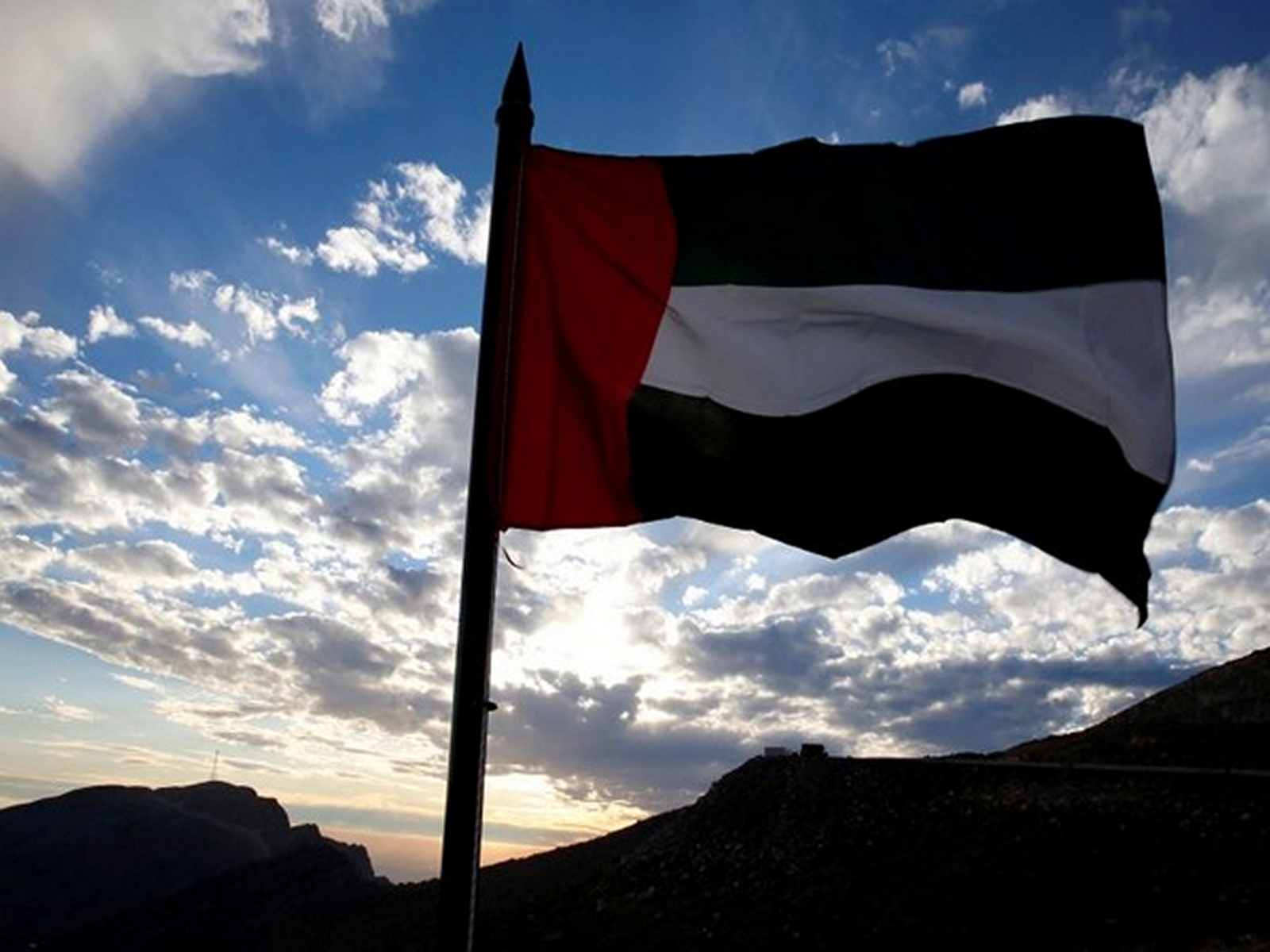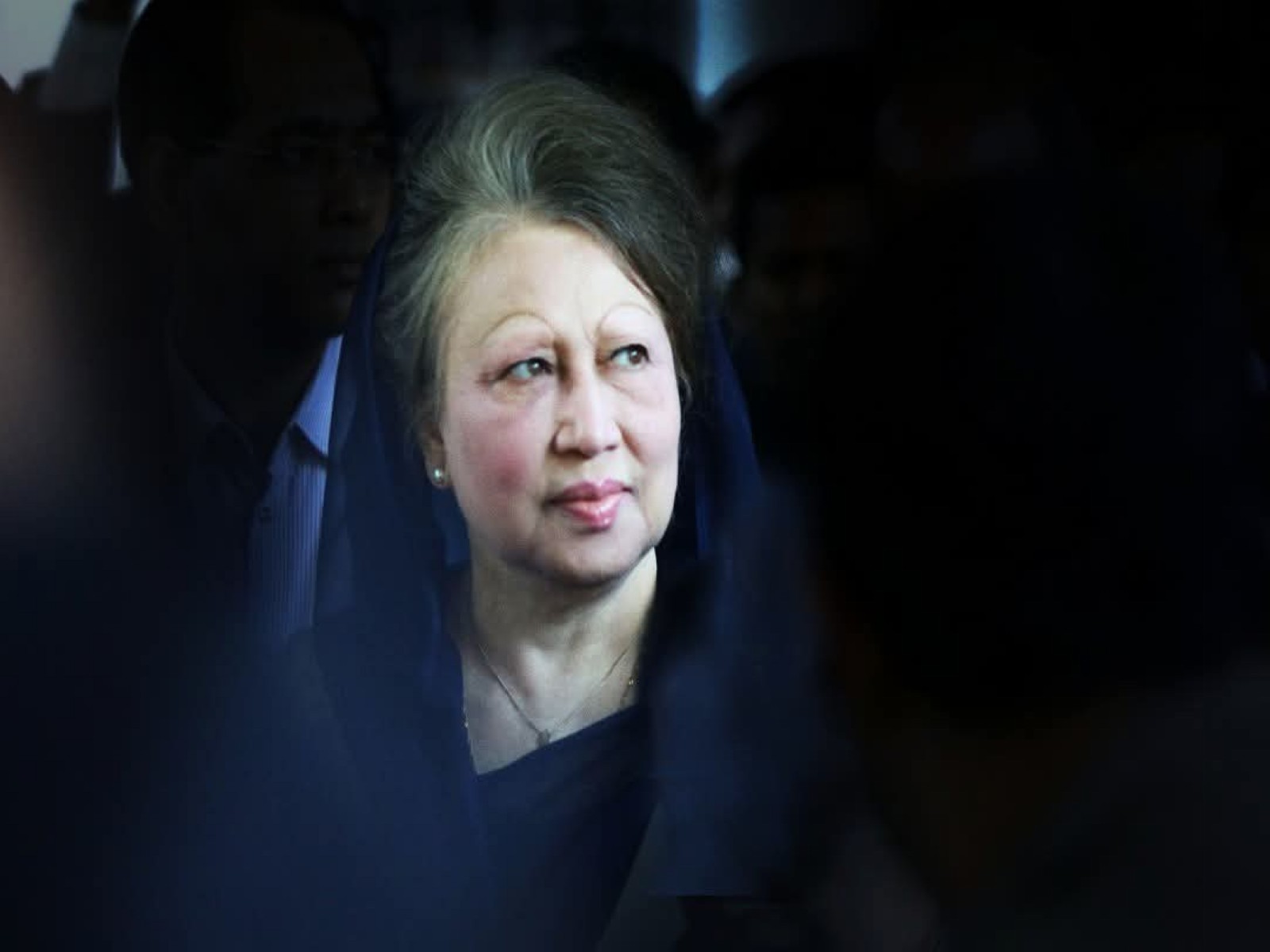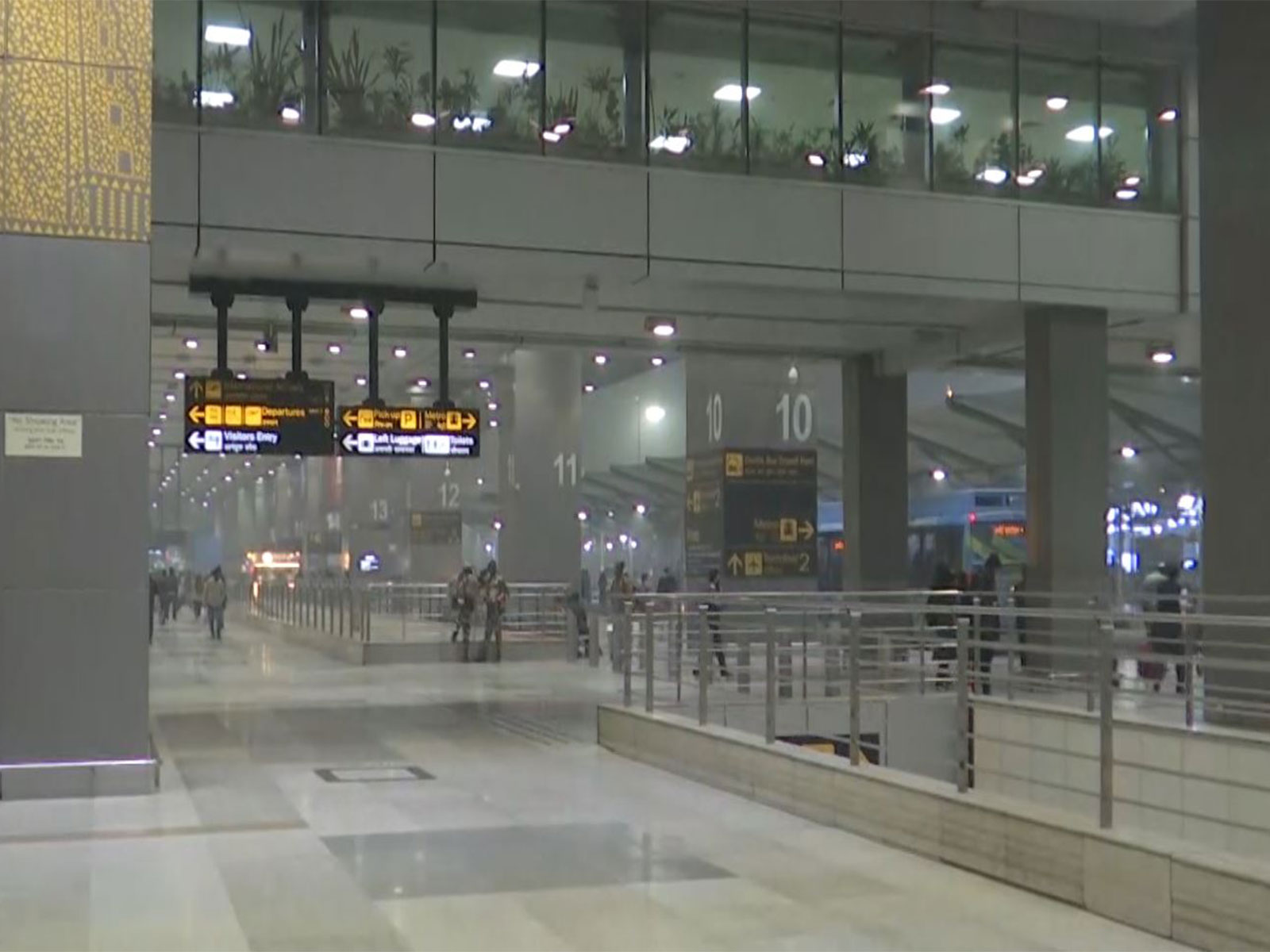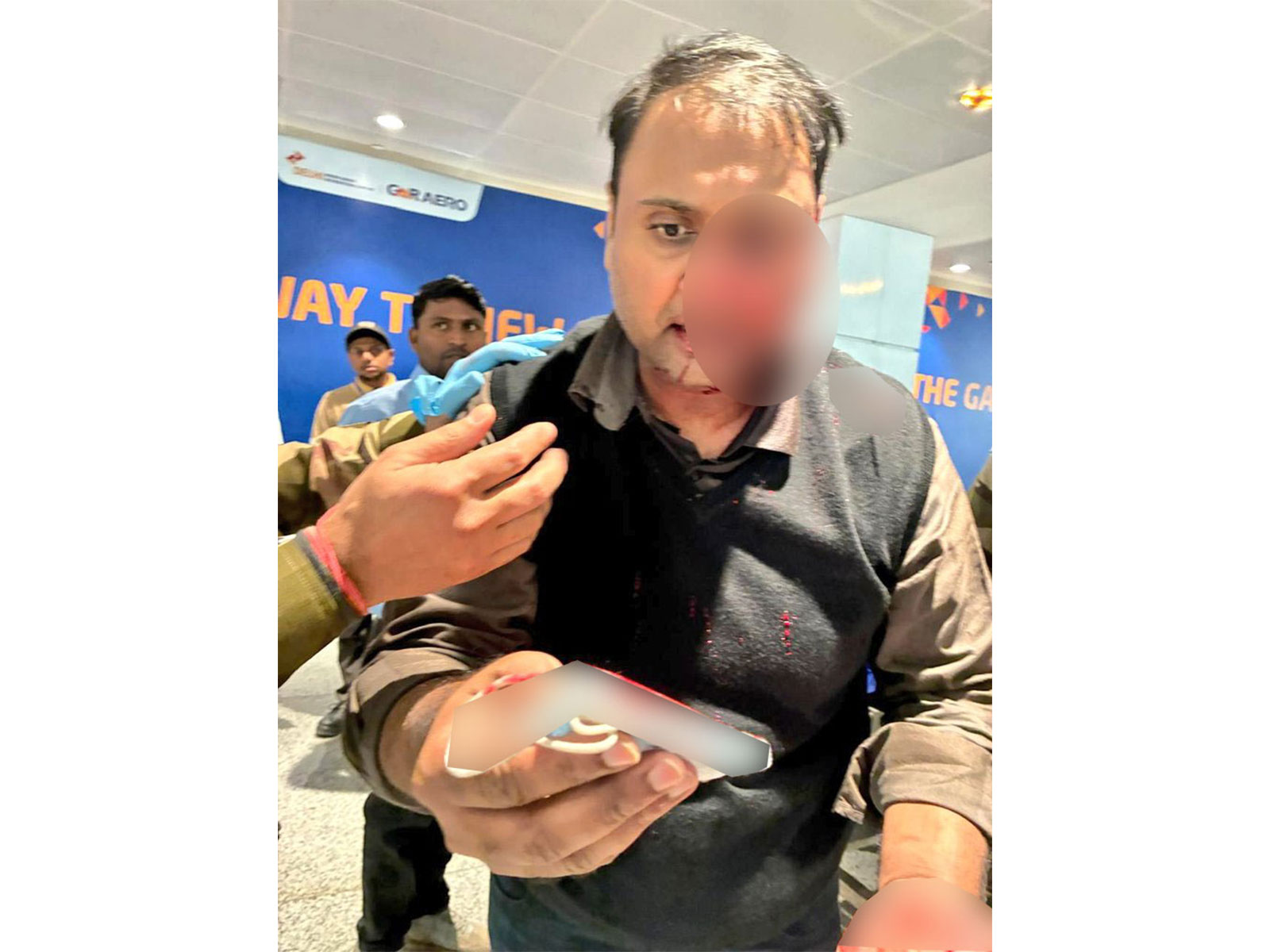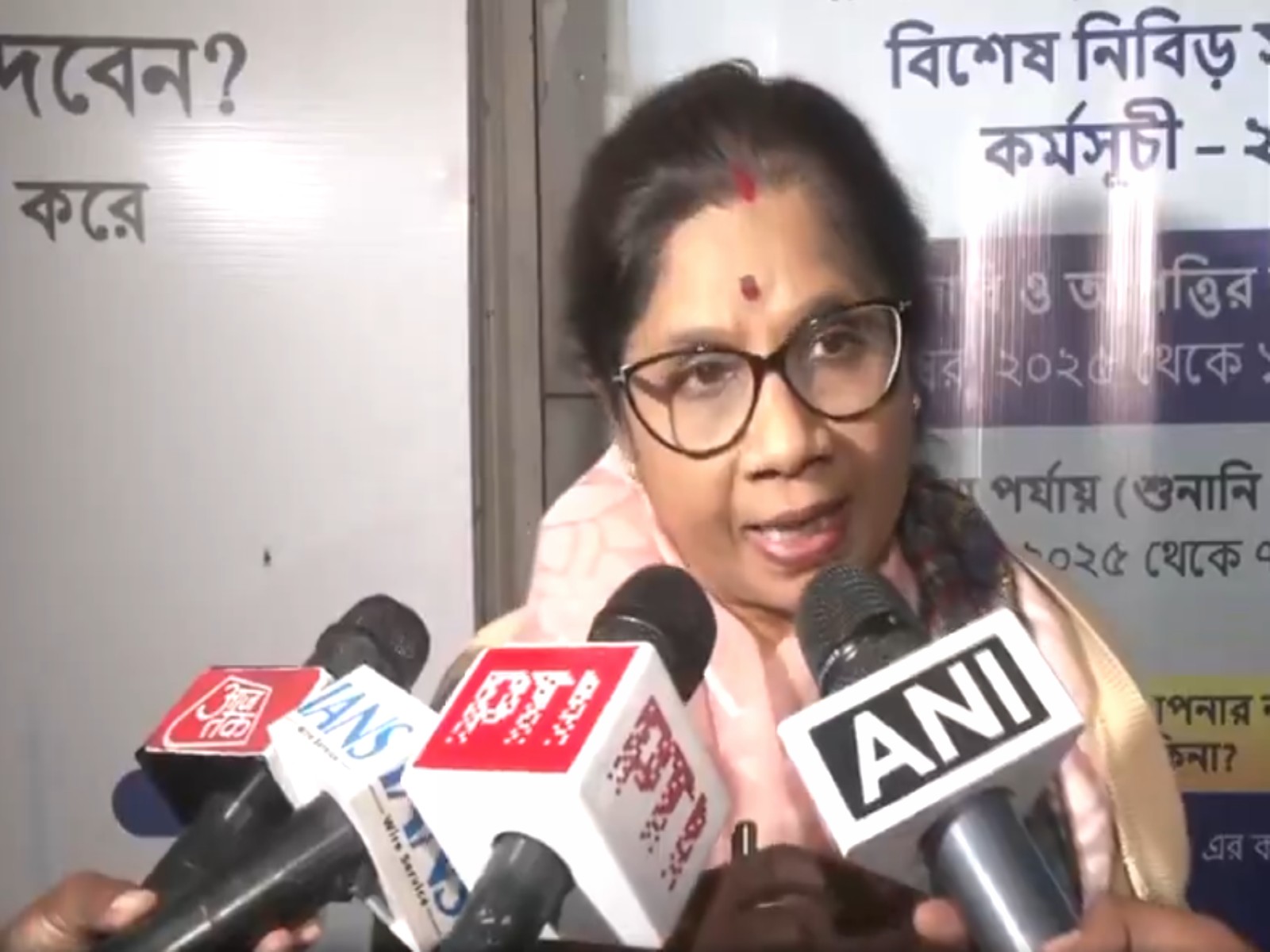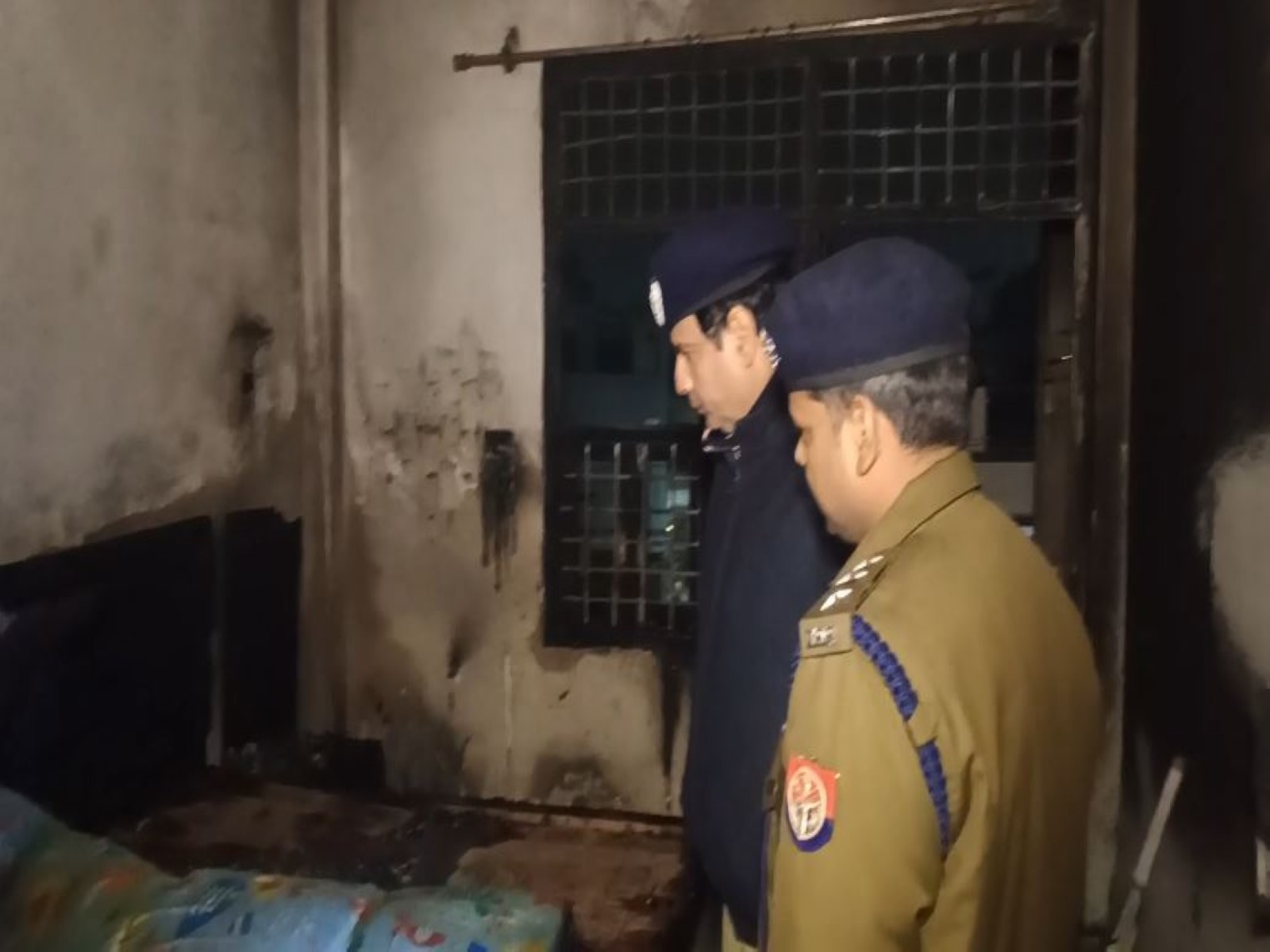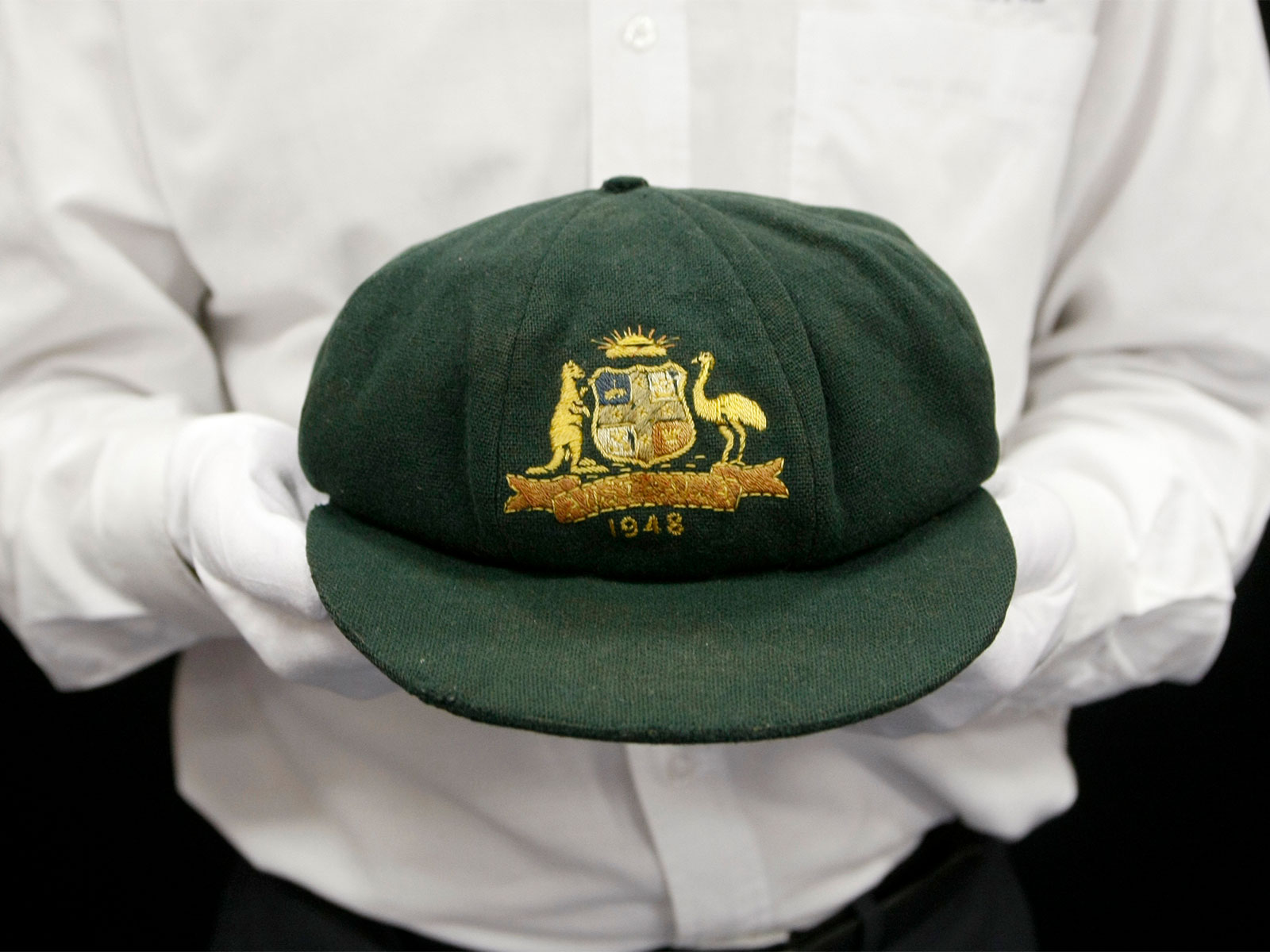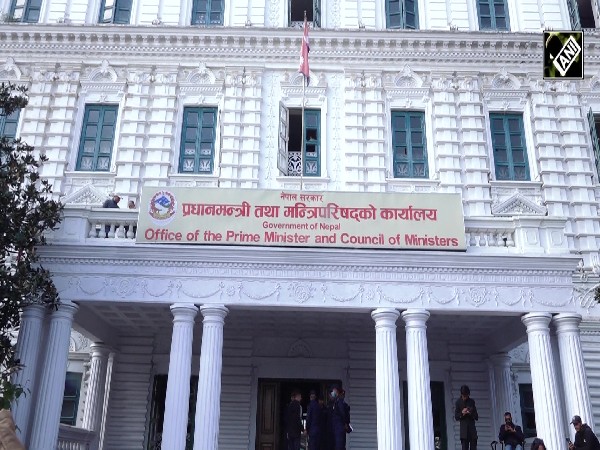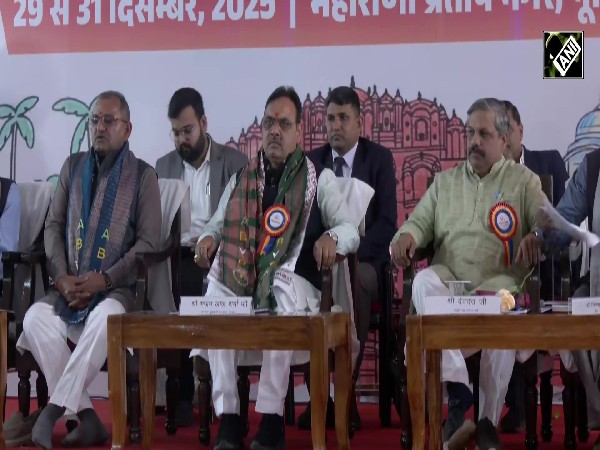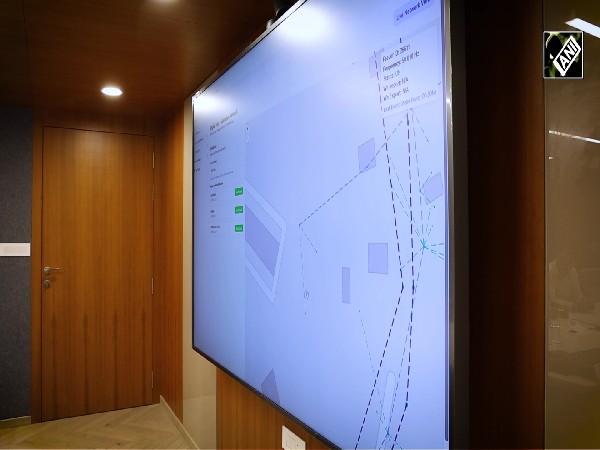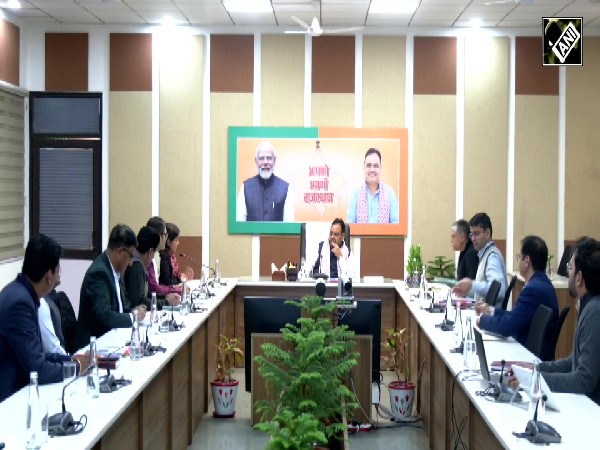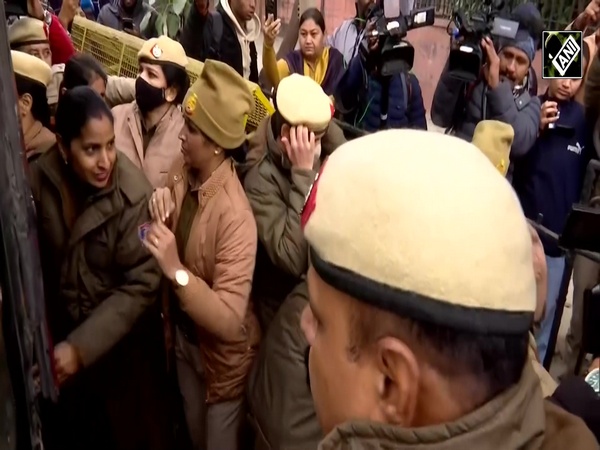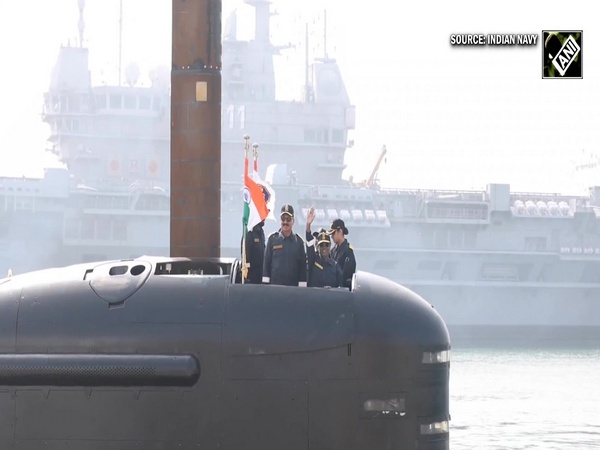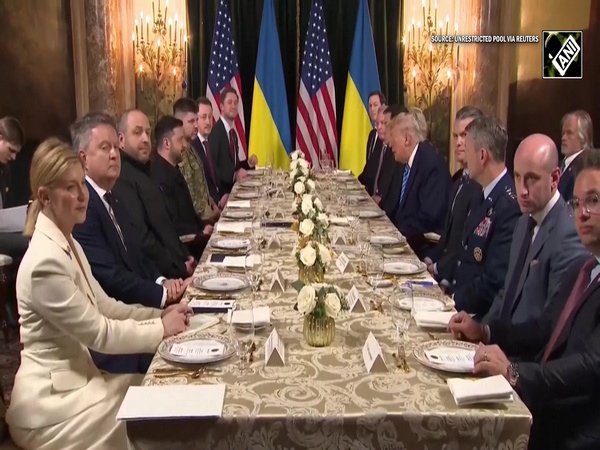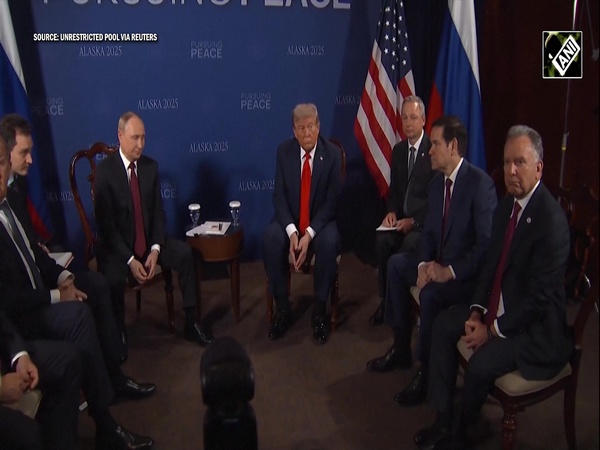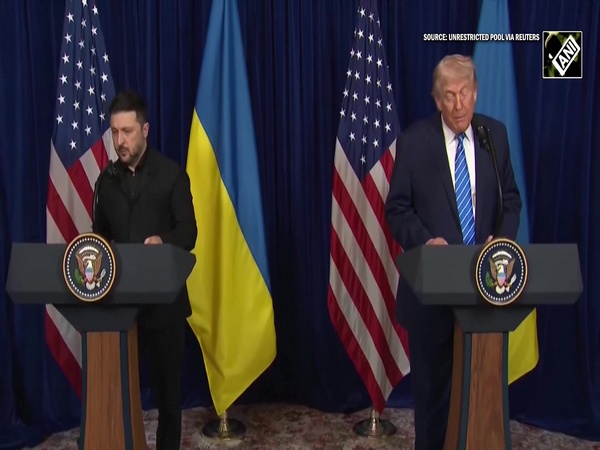UNHRC: Rights activist highlights 'saddened, frightening' situation of basic education in Pakistan's Sindh
Jun 25, 2022

Geneva [Switzerland], June 25 : Dua Kalhoro of World Sindhi Congress on Thursday (local time) highlighted the flawed education system of Pakistan at United Nations Human Rights Council, particularly about the basic education of Sindhi children.
Kalhoro presented the case of how Sindhi children are being denied their right to basic education. Almost 60 per cent of 5-16-year Sindhi children are out of school, while 80 per cent of schools don't have basic facilities.
"We want to bring to your notice the saddened, frightening situation of Sindhi children in Pakistan. According to government sources, about 7 million, more than 44 per cent 5-16 year-old children are out of education. The 2020-21 statistics show that 2.9 million students in primary education in Sindh and almost 47 per cent of total primary schools have only a single teacher," said Kalhoro.
She also said that most of these teachers are not trained and 90 per cent of schools do not have science teacher, adding that nearly 80 per cent of Sindh schools lacks basic facility of drinking water, electricity, washrooms and proper furniture, which results in lack of interest from students and teachers. Most of the private schools deny the right of Sindhi children to study in their mother tongue.
The Sindhi right activist also raised the issue of "ghost schools," she said that thousands of schools only exist on paper and are termed as "ghost schools". The government rather than trying to avert the alarming situation has shut down almost 10,000 schools in the last few months terming them as "unviable".
She urged the Council to set up a committee to research and investigate this matter of grave concern for the lives of millions of Sindhi children and Sindhi people and come up with an action plan to save their future and well-being.
"Considering the data above, it is estimated that almost 60 per cent of students are denied the basis right to education. Female children are the worst sufferers and it is estimated that only 30 per cent get basic education," added Kalhoro.
Annual Status of Education Report (ASER) Pakistan for 2021-2022 had earlier called for an education emergency in Sindh province.
The ASER Pakistan, a flagship programme of Idara-i-Taleem-o-Aagahi (ITA), called for urgent implementation of the Right to Education in Sindh, Compulsory Education Act 2013 and Sustainable Development Goal (SDG) 4, an anchor SDG to meet all 17 SDG targets and goals, reported Dawn.
It comes after ASER in its report said that there was an increase in out-of-school children (OOSC) across Pakistan during COVID-19, while in Sindh, of the OOSC, 11 pc never enrolled in a school and 13 pc dropped out of school (more DOs).
In Sindh, ASER's rural team collected data from 14,723 households in 25 districts and 720 villages. There were 41,536 children (58 pc male 42 pc female) aged 3-16 years and 35,506 children (5-16 years) assessed in grade two-level language and arithmetic skills. At least 660 government schools and 114 private schools were surveyed, reported Dawn.
Looking at enrollment, in 2021, 24 pc children were reported to be out-of-school, which is an increase of 5 pc. When compared with 2019 (19pc), the report added.
Regarding enrollment by school type, 76 pc of all school-aged children (6-16 years) were enrolled; 94 pc (88 pc in 2019) were enrolled in government schools, 6 pc (12 pc in 2019) were in non-state institutions (6 pc private schools, zero pc madrassah, zero pc others). Private schools dropped by 6 pc.
For Early Childhood Education (ECE), which includes children aged 3-5 years, the proportion of enrolled children decreased in 2021 (34 pc) as compared to 2019 (46 pc).
Around 66 pc children of 3-5 age group are currently not enrolled in any ECE programme. Hence, a campaign for ECE in Sindh for foundational learning and holistic ECE (health/nutrition) is urgently needed, said the report.
Looking at teachers' qualifications, 14 pc teachers of surveyed government schools have done graduation as compared to 40 pc teachers of surveyed private schools.
